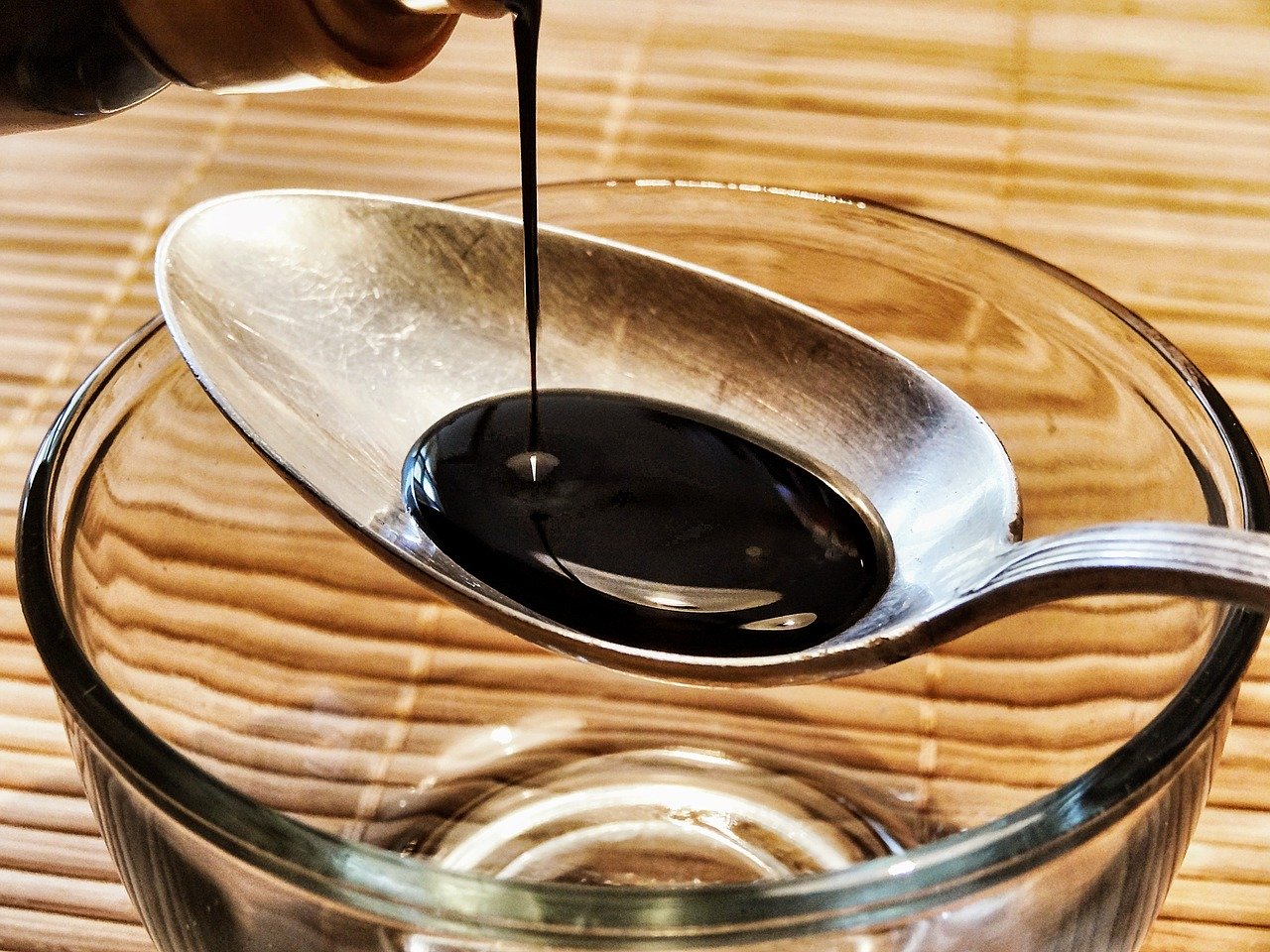How Many ML is a Tablespoon of Medicine?
Taking a cough syrup or liquid medication? You might not have easy access to a measuring cup, but you can easily measure your medication with a tablespoon or other instrument. In this post we’ll discuss how many ml are in a tablespoon, how to measure liquid medicines, and whether or not you should use a tablespoon to measure your liquid medications.
How many ML is a tablespoon of medicine?
A tablespoon of medicine amounts to 15ml in a measuring cup. A teaspoon of medicine amounts to 5ml in a measuring cup. So three teaspoons of medicine makes one tablespoon.
How do I measure liquid medicines?
If your medicine didn’t cup with a dedicated measuring cup, you can measure the amount you need with a tablespoon. If your dosage is 30ml for example, you can take two tablespoons of the medicine you need.
How can I measure liquid medicine without a tablespoon?
Some people don’t like using tablespoons to measure their liquid medications. This is because sizes can vary and so the dosage can be a little off from the required amount. If you want to be specific with sizing your dosages, then you can also use a dropper or dosing spoon.
Should you use a tablespoon to measure medicines?
While using a tablespoon to measure your medicine is an easy way to get a roughly 15ml dosage, there are cases against dosing with a tablespoon. One study found that using kitchen spoons to measure medicine can lead to over or underestimating the right dosage.
While a tablespoon equates to 15ml, most people don’t use measuring spoons for their medicine and instead use kitchen spoons to dose their liquid medicines. Because of the different variety of kitchen spoon shapes and sizes, the amount of liquid medicine being poured can greatly differ depending on the spoon. Researcher Brian Wansink of Cornell University found that “participants underdosed by 8.4% when using medium-sized spoons and overdose by 11.6% when using larger spoons”.
Is it bad to measure medicine with a tablespoon?
Going off the study above, overdosing by 8.4% or 11.6% may not seem like a huge amount. But if you’re taking the liquid medicine constantly, then these discrepancies will add up over time and can have a significant effect. This is especially the case in sick and elderly patients, where it is most advised for them to use a medicine cup to measure their dosages.

